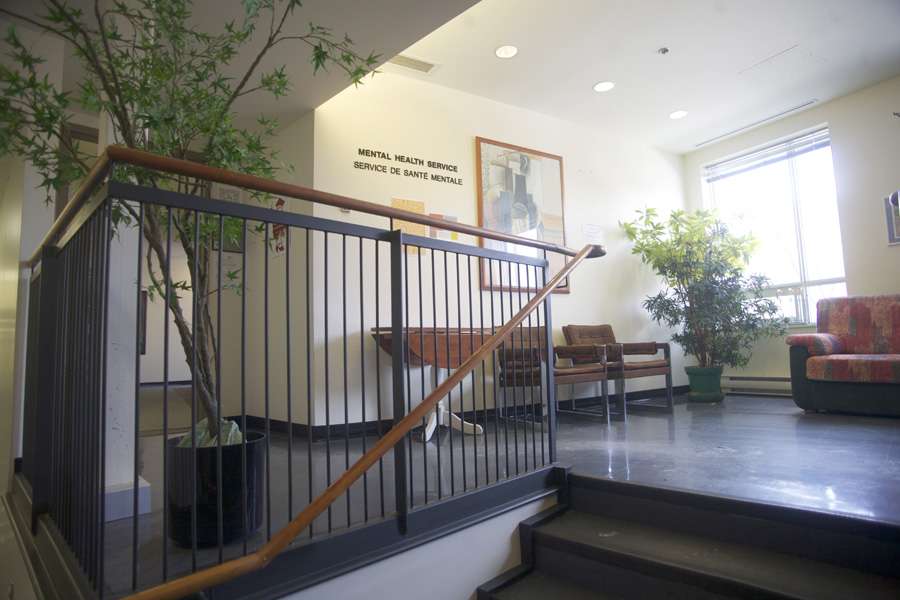Over the past five years, the McGill Mental Health Services (MMHS) has seen a 35 per cent increase in students seeking help. According to McGill’s Mental Health Education Coordinator Emily Yung, one in 11 McGill students in the past academic year are reported to have used MMHS services.
The Wellness Recovery Action Plan (WRAP) was initiated for students at McGill in Fall 2015 to help tackle the rapidly rising demand at MMHS. Founded in Vermont 18 years ago, WRAP is a psycho-education program developed for individuals living with mental health issues. At McGill, students meet once a week for six sessions, each lasting two hours in length. Every session is facilitated by a mental health professional and a highly trained student.
According to Yung, students participating in the program learn a set of key concepts to help build a foundation for recovery, as well as developing a “wellness toolbox” to combat symptoms. The program also helps students identify triggers and develop an action plan when facing a mental breakdown.
“We talk about what are some strategies we can implement, what are things that have worked in the past for you, […] you talked to a friend, you sought medication from a psychiatrist, all of those things to build a support system in difficult times,” Yung explained.
Yung stressed that the success of the program is due to what students feel they can bring to the discussion.
“[Students] are able to share some of their darkest moments in life and they can learn from each other about what’s worked,” she said.
WRAP is designed to help students cope with day-to-day challenges, but not for students who are actively in a mental health crisis.
“We allow students who have mild to moderate mental illness into this group,” Yung said. “We do not put in crisis cases because those students will need much more resources, perhaps more one-on-one [counselling].”
However, students who have been using MMHS services can also join the WRAP Program. What differentiates WRAP from other services offered at MMHS is its transdiagnostic approach—WRAP does not tailor to a specific mental illness, but tackles a spectrum of mental health problems in a group setting.
“We want to change the mentality of having one-on-one [therapy session] as the best [treatment strategy….] I understand that it can be appropropriate for many students, but research has shown that group [therapy] is equally as effective,” Yung said.
According to Clinical Director of MMHS Dr. Nancy Low, WRAP was given two years worth of funding from the Student Services Innovation Fund.
“We’re going to evaluate [WRAP] after two years and see if it is something we should incorporate [into MMHS],” Low said.
The cost of WRAP mainly comes from preparing the student facilitators, who are paid $1,000 to undergo a seven-day training session. Students who are currently interested in joining WRAP must first make an appointment with MMHS.
“We eventually want to make it where students deliver [WRAP sessions],” Low said.
Julia Tischer, a PhD student in the school of Architecture who has participated in WRAP, pointed to the time-sensitive nature of her needs as a factor that changes the effectiveness of the program for her. Tischer explained that she did not immediately get the help she needed when she approached MMHS, but that the WRAP program still benefitted her.
“When I went to the workshop, my difficult moment had already passed,” Tischer said.
However, she is still thankful to have joined WRAP as it helped her stay positive and prepare for a crisis situation.
“[WRAP] was still very helpful in many ways,” Tischer said. “I had this wonderful bonding experience with other people who have been going through difficult situations, many related to stress in school. So I didn’t feel alone.”
Additional reporting by Joseph Timan.










Pingback: Wellness Recovery Action Plan offers alternative to McGill’s Mental Health Services – paving the way to a brighter future